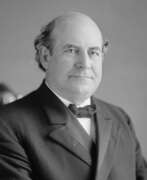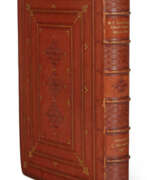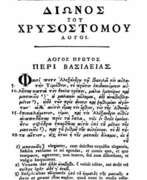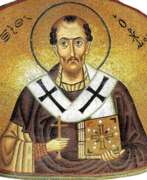Orators
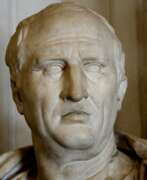

Marcus Tullius Cicero was a Roman statesman, lawyer, scholar, philosopher, and academic skeptic, who tried to uphold optimate principles during the political crises that led to the establishment of the Roman Empire. His extensive writings include treatises on rhetoric, philosophy and politics. He is considered one of Rome's greatest orators and prose stylists. He came from a wealthy municipal family of the Roman equestrian order, and served as consul in 63 BC.
His influence on the Latin language was immense. He wrote more than three-quarters of extant Latin literature that is known to have existed in his lifetime, and it has been said that subsequent prose was either a reaction against or a return to his style, not only in Latin but in European languages up to the 19th century. Cicero introduced into Latin the arguments of the chief schools of Hellenistic philosophy and created a Latin philosophical vocabulary with neologisms such as evidentia, humanitas, qualitas, quantitas, and essentia, distinguishing himself as a translator and philosopher.
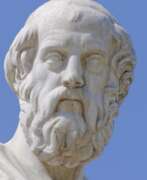

Isocrates was an ancient Athenian orator, tutor, and writer.
He was born shortly before the outbreak of the Peloponnesian War (431-404 BC), and the turbulent life of the time directed the young Isocrates to write speeches for court appearances and politicians. His works were a success, and in 390 BC he founded a school whose students included prominent men from all over the Greek world. Isocrates' political beliefs caused a clash of interests with another demagogue, the famous anti-Macedonian Demosthenes (c. 384-322 BC). Moreover, Isocrates' beliefs, which were propagated through his school, also caused quarrels with other prominent figures in Greek philosophy, Plato (428/427-348/347 BC) and later Aristotle (384-322 BC).
Isocrates invested the wealth he had accumulated over time in the Athenian navy, earning him the title of trierarch. Having a reputation as a benefactor of Athens, he strove to be a moral educator as well. His most famous works, including Against the Sophists, Antidozis, Panegyric, To Philip, and Panatheneikus, provided this thinker with recognition from both ancient and modern audiences. The writings of Isocrates are an important historical source of information about the intellectual and political life of Athens in his time.
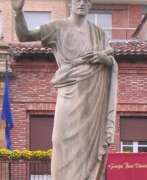

Marcus Fabius Quintilianus was a Roman educator and rhetorician born in Hispania, widely referred to in medieval schools of rhetoric and in Renaissance writing. In English translation, he is usually referred to as Quintilian, although the alternate spellings of Quintillian and Quinctilian are occasionally seen, the latter in older texts.


